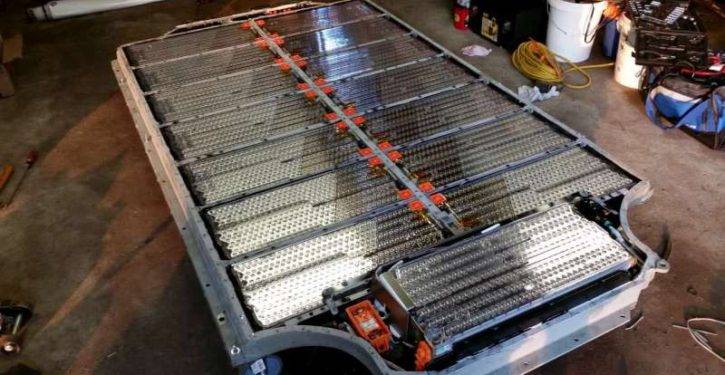
Panasonic said it cannot determine how much of the cobalt used in the batteries it manufactures for Tesla cars comes from Cuba, a country subject to sanctions by the United States, and that this doubt led it to suspend relations with a supplier Canadian.
The Japanese electronics giant, exclusive supplier of batteries to Tesla, made these comments after Reuters questions about whether the batteries contain Cuban cobalt.
Two knowledgeable sources told Reuters that part of the cobalt used by Panasonic to make Tesla batteries is mined in Cuban mines by the Canadian firm Sherritt International.
Panasonic said it is unable to establish how much Cuban cobalt ended up – through the Canadian firm – in the batteries it sold in the US market “due to the mix of sources from its suppliers in various phases of manufacturing processes.”
“Panasonic decided to suspend its relationship with its Canadian supplier,” said a spokeswoman, without identifying the company. He also added that Panasonic used cobalt from the Canadian company for batteries used in Model S and Model X Tesla, but only since February of this year.
“Panasonic has sought guidance from the Office of Foreign Assets Control of the US Department of the Treasury (OFAC) on its interpretation of the scope of the US ban on imports of Cuban origin,” he said.
When asked by Reuters, Tesla did not address whether his batteries contain Cuban cobalt or whether the company could potentially violate sanctions. A spokesman said: “Tesla seeks to approach a zero use of cobalt in the near future.”
Sherritt declined to comment if it sold cobalt to Panasonic. “We do not answer questions about specific customer activities,” said spokesman Joe Racanelli. “We have been working in Cuba for 25 years and we sell our Class 1 nickel and cobalt, which is refined at our facilities in Fort Saskatchewan, Alberta, to customers in Europe and Asia.”
